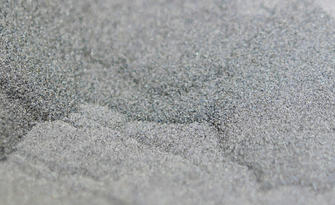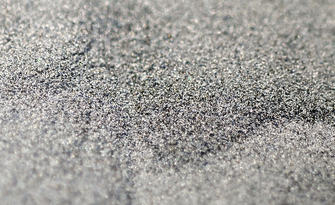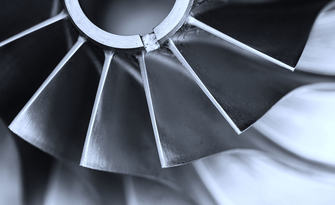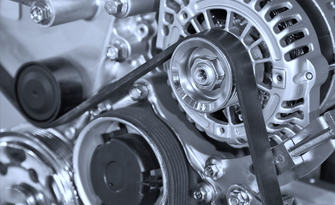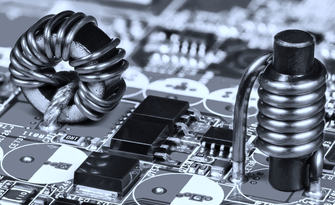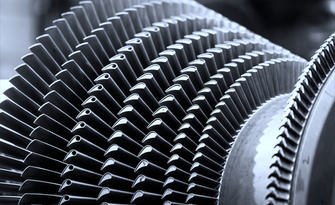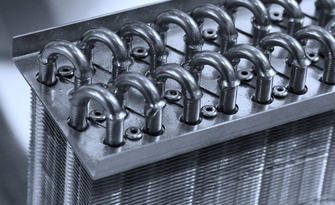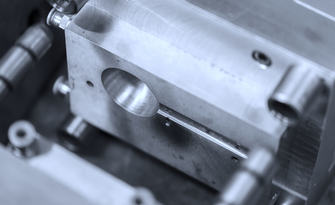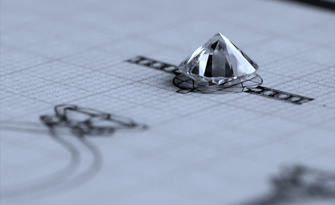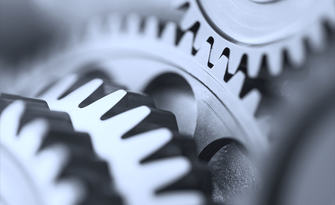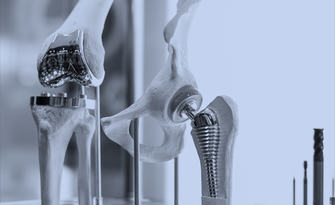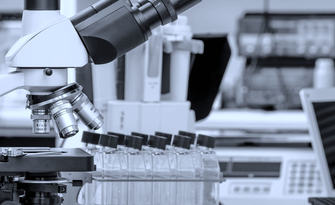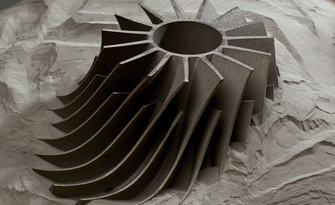
Materials
Choose the metal that suits you.
Additive manufacturing is the innovative process of transforming metal into the component you need, even when it has to have very complex shapes or characteristics that are difficult or impossible to achieve with traditional industrial processes.
Yes, but what kind of metal?
Our 3D printing can work with different types of materials: aluminum, steel, copper, titanium, nickel, cobalt chrome. And we are here to advise you on the most suitable alloy for your production goals, depending on whether you choose Powder Bed Fusion or Direct Energy Deposition.
Discover the metal best suited for your production from the various additive manufacturing powders available.
Materials for Powder Bed Fusion
Aluminum alloys for PBF
Materials for Powder Bed Fusion
All the lightness of working with aluminum.
Steel alloys for PBF
Materials for Powder Bed Fusion
For quality that’s hard as steel.
Titanium alloys for PBF
Materials for Powder Bed Fusion
Lightness and biocompatibility all in one material.
Nickel alloys for PBF
Materials for Powder Bed Fusion
Endless strength, zero corrosion.
Cobalt Chrome alloys for PBF
Materials for Powder Bed Fusion
Biocompatible and durable.
Copper alloys for PBF
Materials for Powder Bed Fusion
The best electrical conductivity at your service.
Gold and precious metals
Materials for Powder Bed Fusion
Impeccable results for perfect jewels.
Materials for Direct Energy Deposition
Steel alloys for DED
Materials for Direct Energy Deposition
Superior hardness.
Titanium alloys for DED
Materials for Direct Energy Deposition
Light, Strong, Advanced.
Nickel alloys for DED
Materials for Direct Energy Deposition
For stress and corrosion resistant parts.
Cobalt Chrome alloys for DED
Materials for Direct Energy Deposition
Durability redefined.
Copper alloys for DED
Materials for Direct Energy Deposition


